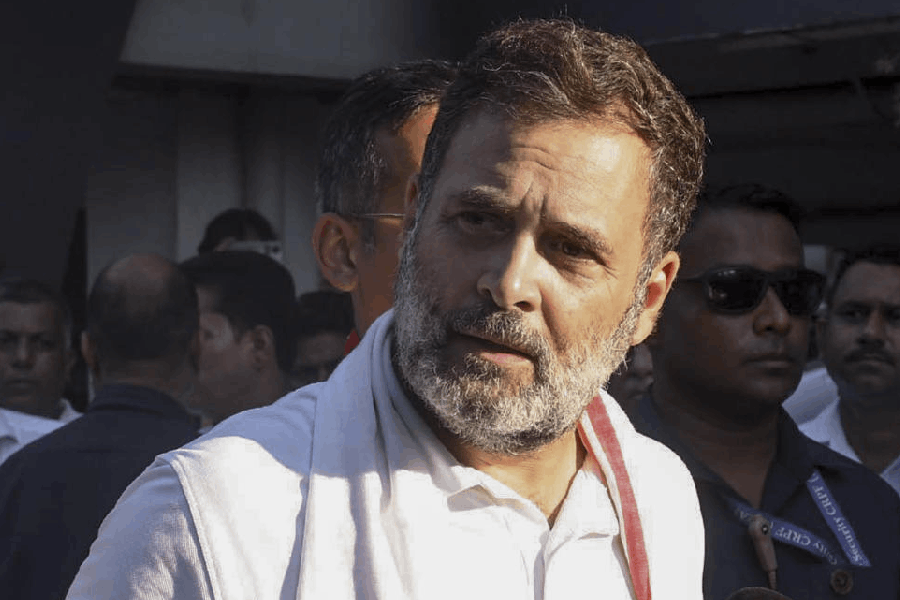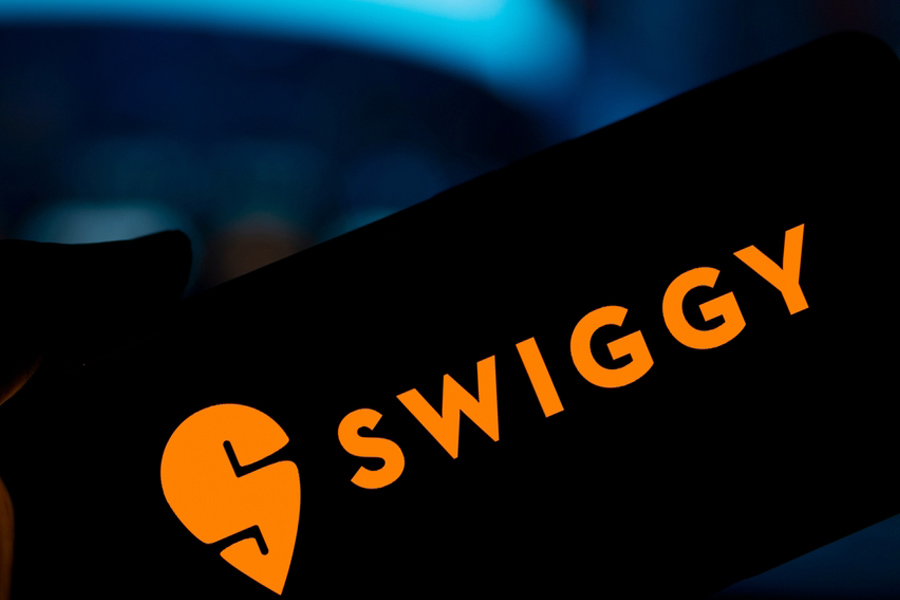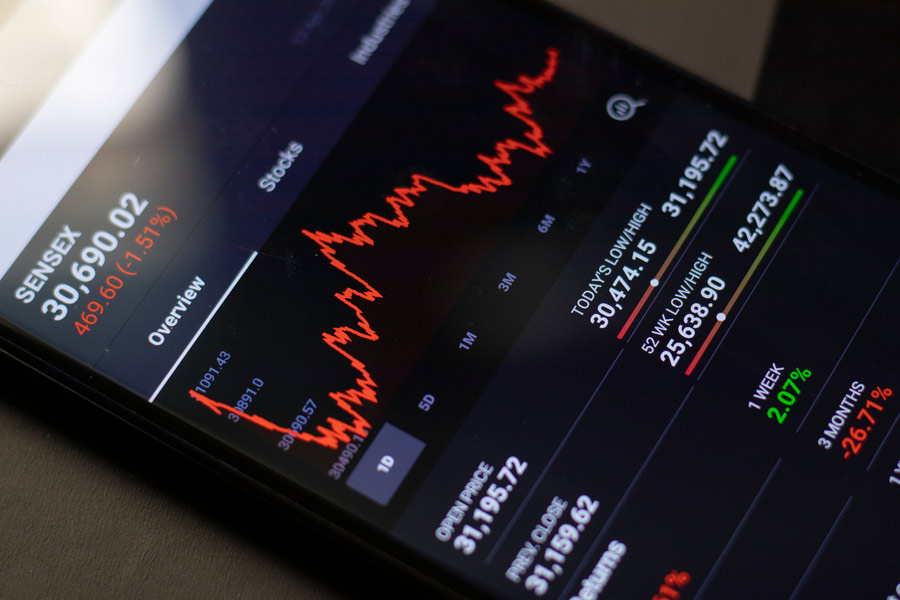
1977: Elton John, then 30 years old, said: “I’ve made a decision tonight that this is going to be the last show. There’s a lot more to me than playing on the road and this is the last one I’m going to do. I was doing drugs. I never smoked dope. It was basically cocaine, and dabbling in smack a couple of times, but never through a needle; always ingesting it. I went through my period of hallucinations, too.”
2003: Mark Zuckerberg, then 19 years old, said: “I hope you understand, this is not how I meant for things to go (his Facemash scraped pictures of students at Harvard from the school’s intranet and asked users to rate their hotness), and I apologise for any harm done as a result of my neglect to consider how quickly the site would spread and its consequences thereafter. I definitely see how my intentions could be seen in the wrong light.”
It’s 2018 and Elton John is currently in the midst of his never-ending farewell tour, after having sold several million copies of his albums and becoming godfather to several celebrity offspring, besides having two kids of his own with husband David Furnish. Like the rock star, Mark Zuckerberg has built an empire around connecting people, stashed away many billion dollars in his bank account and is still in the middle of an apology tour. Neither of the touring men has disappeared. Both have lost and regained grounds — one at stadiums and the other at stock exchanges. But unlike the 71-year-old singer, it’s not yet time for Mr Social Network, 34, to make a living singing his greatest hits, that is, resting on his laurels.
Much has been written about how $120 billion in market value was wiped off Facebook last week following a second-quarter earnings report that fell short of expectations and the equally grim announcement from FB about growth slowdown. Frankly, that may just about make Mr Z catch fewer winks for some months but not enough for his empire to crumble.
In recent times, the Facebook founder has only been talked about when the chips have been down, like when FB showed that imitation is the best form of flattery by introducing the popular Snapchat feature called Stories on the platform.
Then came the Cambridge Analytica fiasco, controversy surrounding ads purchased by Russian groups hoping to sow discord before and after the 2016 US elections, sitting before the question squad of the US Congress (and then before European lawmakers) and, more recently, for the way Zuckerberg compared conspiracy theories to people who simply misspeak.
Zuckerberg has total control of his company and is the king of his empire. He has total board control (holds around 60 per cent of voting rights) and can easily shoot down internal criticism. According to Business Insider, some of the company’s shareholders have put forward a proposal, which would separate the roles of chairman and CEO, both of which are in Zuckerberg’s bag at the moment. The proposal has been filed and, like Yes Minister has taught us, that means it will never be talked about. But hear this — the man will leave Facebook behind when he wants to, which could be never.
Even after its stock crash, Zuckerberg’s company remains the fifth most valuable corporation in the American markets, ahead of Berkshire Hathaway, and the calls for its chief executive to resign are likely to be forgotten soon. Simply because the company reported little to cause experts to alter their long-term outlook. According to The New York Times, this year, five tech companies — Facebook, Apple, Amazon, Netflix and Google’s parent, Alphabet — have delivered roughly half of the gains achieved by the Standard & Poor’s 500-stock index.
Second, Zuckerberg’s natural puppy-eyed face is protection against all that’s going wrong. Addressing the Congress earlier this year, he said: “Facebook is an idealistic and optimistic company. For most of our existence, we focused on all the good that connecting people can bring.” There wasn’t much his critics could say against that. Isn’t it us who, despite being told over 14 years about the downside of putting out there too much personal information, continue to share information? We were lonely and so we logged on to seek friendship. Now look at us.
Also let’s not forget, user growth in the West may have stalled but Facebook will continue to surge ahead in markets that are also growing — India, Brazil, Mexico, South Africa, for instance. For the moment, Zuckerberg’s comeback will be the profits his company’s other products are bringing, that is, Instagram, WhatsApp and Oculus VR.
In the long run, the board will probably drill some sense into him because the man has one unique trait — learning from setbacks. And if your advice to the sixth richest man in the world concerns finding inner strength, he has already visited (in the early days of FB) Kainchi Dham, the ashram in Nainital where Silicon Valley’s best — including the late Steve Jobs, Google’s Larry Page, eBay’s Jeffrey Skoll — go to “rediscover” themselves. #FailSafe
‘SORRY’ SERIES

November 2003: “This is not how I meant for things to go, and I apologise for any harm done as a result of my neglect to consider how quickly the site (Facemash) would spread and its consequences thereafter…. I definitely see how my intentions could be seen in the wrong light,” Zuckerberg told The Harvard Crimson, the campus’ daily newspaper.
September 2010: Apologised for calling earliest Facebook members “dumb f***s” several years earlier. “If you’re going to go on to build a service that is influential and that a lot of people rely on, then you need to be mature, right? I think I’ve grown and learned a lot,” he told The New Yorker:
October 2017: Under scrutiny following revelations that Russian companies bought ads and organised pro-Trump rallies during the 2016 presidential election, he wrote the post: “For those I hurt this year, I ask forgiveness and I will try to be better. For the ways my work was used to divide people rather than bring us together, I ask forgiveness and I will work to do better.”
January 2018: The founder sets his personal challenge for 2018 — to “fix” Facebook. “We won’t prevent all mistakes or abuse but we currently make too many errors enforcing our policies and preventing misuse of our tools. If we’re successful this year then we’ll end 2018 on a much better trajectory.”
THE STAYING POWER OF FB
.jpg)
Ayon Mukhopadhyay, head of Institutional Equities (UK/EU) at India Infoline, has put forward a few reasons why we are still talking about how Facebook lost $120 billion in market value.
1 The $120bn fall in share price is more than the value of TCS ($110bn), which is the largest listed Indian company. Just putting into perspective the sensationalism around and the importance of Mark Zuckerberg.
2 The fall is mainly due to stagnation of users in the US and receding users in Europe, due to recent regulations of data protection, which has led to the super normal ad revenues of 40 per cent plus year-on-year to decelerate.
3 Even after this massive correction in stock price, FB’s valuation is just back to what it was after the Cambridge Analytica scandal in May this year. Events like these, though sensational, can sometimes be ways of levelling expectations.
4 Facebook still has a whopping 2.2 billion monthly active users and to take down this behemoth will require a technological innovation which we cannot even fathom. The stock price maybe looked by some as a good entry point to buy.
5 Zuckerberg and company are constantly innovating and leveraging this massive user base with auxiliary apps like Instagram, Messenger and WhatsApp, which can add many new lines of revenue.
6 The stock price fall will initially affect the FB employees, as a huge part of compensation is paid through employee stock options. But beyond that, Silicon Valley work ethos are very different from Wall Street investment bankers. Dress codes are absent, and there are flexible work hours with remote working options. They promote something more than a work-life balance.










